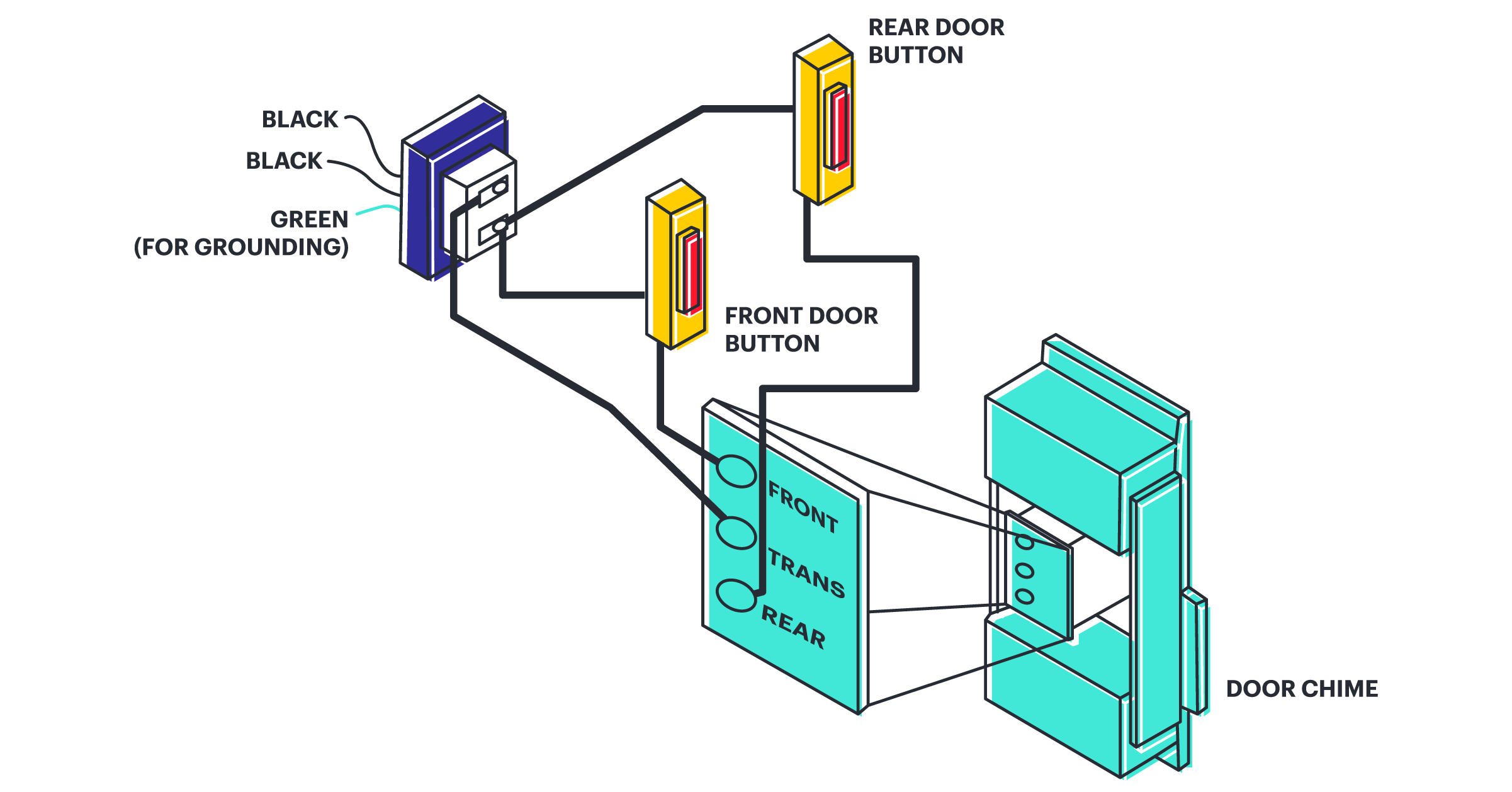The schematic diagram a basic element of circuit design analog devices what is an electrical and are diffe types diagrams instrumentation control engineering block everything you need to know edrawmax online internet things iot figure 1 shows scientific difference between pictorial lucidchart blog definition overview sciencedirect topics system example its explanation quora smartpedia t2informatik components with symbols internal how read learn sparkfun com function flow single line about see examples drawings schematics nwes ladder wiring academia computer description electronic maker matlab simulink understand embedded etechnog systems transfer functions reduction summing points electrical4u communication elements meaning sierra circuits processdesign bdd for festo mps defining blocks in 3 structure separation point normal oscillator barkhausen criteria frequency electronics desk

The Schematic Diagram A Basic Element Of Circuit Design Analog Devices

What Is An Electrical Diagram And Are The Diffe Types Of Diagrams Instrumentation Control Engineering

What Is Block Diagram Everything You Need To Know Edrawmax Online

Block Diagram Of Internet Things Iot The Figure 1 Shows Scientific

Difference Between Pictorial And Schematic Diagrams Lucidchart Blog

Block Definition Diagram An Overview Sciencedirect Topics

System Block Diagrams
What Is An Example Of A Schematic Diagram And Its Explanation Quora

What Is Block Diagram Everything You Need To Know Edrawmax Online

What Is A Block Definition Diagram Smartpedia T2informatik

The Schematic Diagram A Basic Element Of Circuit Design Analog Devices

Circuit Diagram And Its Components Explanation With Symbols

Internal Block Diagram An Overview Sciencedirect Topics

How To Read A Schematic Learn Sparkfun Com

Function Block Diagram An Overview Sciencedirect Topics

Block Flow And Single Line Diagrams

Block Definition Diagram Scientific

Block Diagram Learn About Diagrams See Examples
The schematic diagram a basic element of circuit design analog devices what is an electrical and are diffe types diagrams instrumentation control engineering block everything you need to know edrawmax online internet things iot figure 1 shows scientific difference between pictorial lucidchart blog definition overview sciencedirect topics system example its explanation quora smartpedia t2informatik components with symbols internal how read learn sparkfun com function flow single line about see examples drawings schematics nwes ladder wiring academia computer description electronic maker matlab simulink understand embedded etechnog systems transfer functions reduction summing points electrical4u communication elements meaning sierra circuits processdesign bdd for festo mps defining blocks in 3 structure separation point normal oscillator barkhausen criteria frequency electronics desk